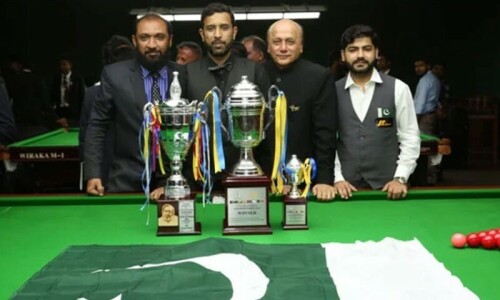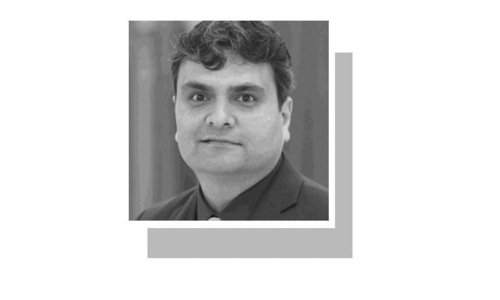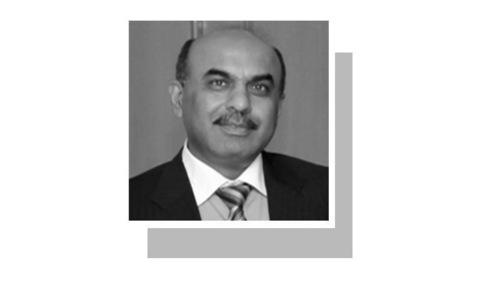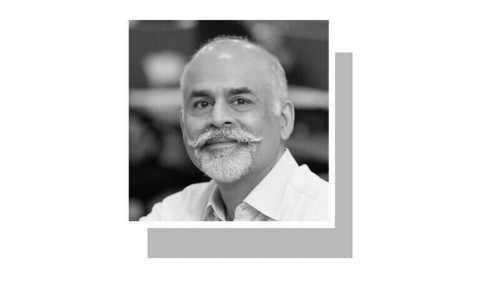AS signals go, the government would like the country to believe Finance Minister Ishaq Dar’s visit to the army’s GHQ in Rawalpindi on Saturday to discuss the next financial year’s defence budget was yet another positive sign that the PML-N is working well with the military.
But Mr Dar’s trip to GHQ could just as well be seen as sending a very different signal: little has really changed in the decades-old way of doing business between the civilians and the army.
Consider that in more developed democracies — and, at least on paper, the practice that is meant to be followed here — budgetary demands of the military are, to begin with, routed through the defence ministry.
But even form is not adhered to as yet, with Mr Dar stepping on the toes of Defence Minister Khwaja Asif — who, it must not be forgotten, was only handed the defence portfolio in a hasty attempt to shield the prime minister from being dragged into the missing-persons issue that the Supreme Court has doggedly been pursuing.
Still, if democratic form is a long way from being adhered to, what about the substance of the military budget? As reported in the media, the army has requested a double-digit increase in the overall military budget and has also drawn up a wish list of purchases to meet unspecified, so-called development needs.
Certainly, militaries need to periodically replace and upgrade hardware and, given the demands of the military on the internal-security front in recent years, the army surely has many legitimate demands on the funding front.
However, the public and the taxpayer can know nothing about that as long as all discussions on budgets and defence acquisitions take place behind closed doors with the only details ever being released involving final decisions on numbers and purchases.
There are two basic facts here that simply cannot be overlooked. One, defence contracts and budgets are gigantic, meaning that even a percentage point up or down is a matter of billions spent or saved.
Two, defence spending — along with debt servicing and government current expenditure — crowds out development spending.
So if billions more are demanded in the name of security, the country should, if it is to progress further along the democratic continuum, be made aware of just what needs are being addressed and whether those security needs are being financed cost effectively.
Whose responsibility is that? If the security establishment has acquired disproportionate space and also disproportionate funding, the only way that space will be wrested back is if the elected civilian leadership demonstrates the resolve to wrest that space back and builds its capacity to do so.
Few things are as important as controlling the purse strings. Mr Dar’s confidence and smiles notwithstanding, it’s not clear if he went to GHQ to negotiate or simply write a cheque.












































